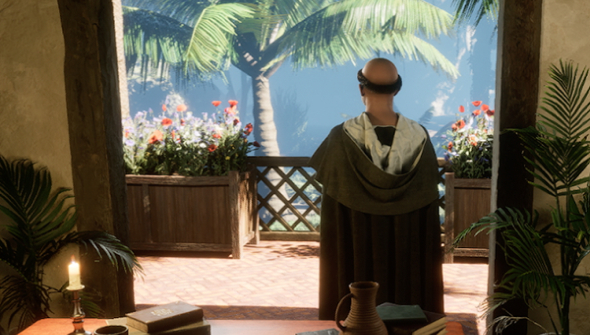
"During the tumultuous early Renaissance period, theorists and actors like Machiavelli, More, de Las Casas, and Luther sought to shape and even instigate transitions in politics, economics, and religion. Machiavelli’s sober analysis and advice for political leaders diverged from traditional moralistic expectations. Bartolomé de Las Casas bore witness to the horrors of Spanish colonization in the New World and advocated for intervention in the emerging colonial system. In England, Thomas More explored a utopian vision of society that contemplated communal economic practices, religious tolerance, and other reforms. Martin Luther instigated an upheaval in European religious and political life in his campaign against church practices and the theology of salvation. In each of these contexts, students consider the nature and origins of the author’s opposition to the prevailing practices or order, as well as the mechanisms by which they transformed these systems or influenced subsequent change.
Ada Palmer - University of Chicago
Caroline Pennock - University of Sheffield, UK
Christine Helmer - Northwestern University
David Lantigua - University of Notre Dame
Erica Benner - University College London / Oxford University, UK
Jennifer McNutt - Wheaton College
Jenny Mann - New York University
Quentin Skinner - Cambridge University, UK
Machiavelli: Prince, Discourses
De Las Casas: Destruction of the Indies
More: Utopia
Luther: On Christian Liberty
Erica Benner, Yale University